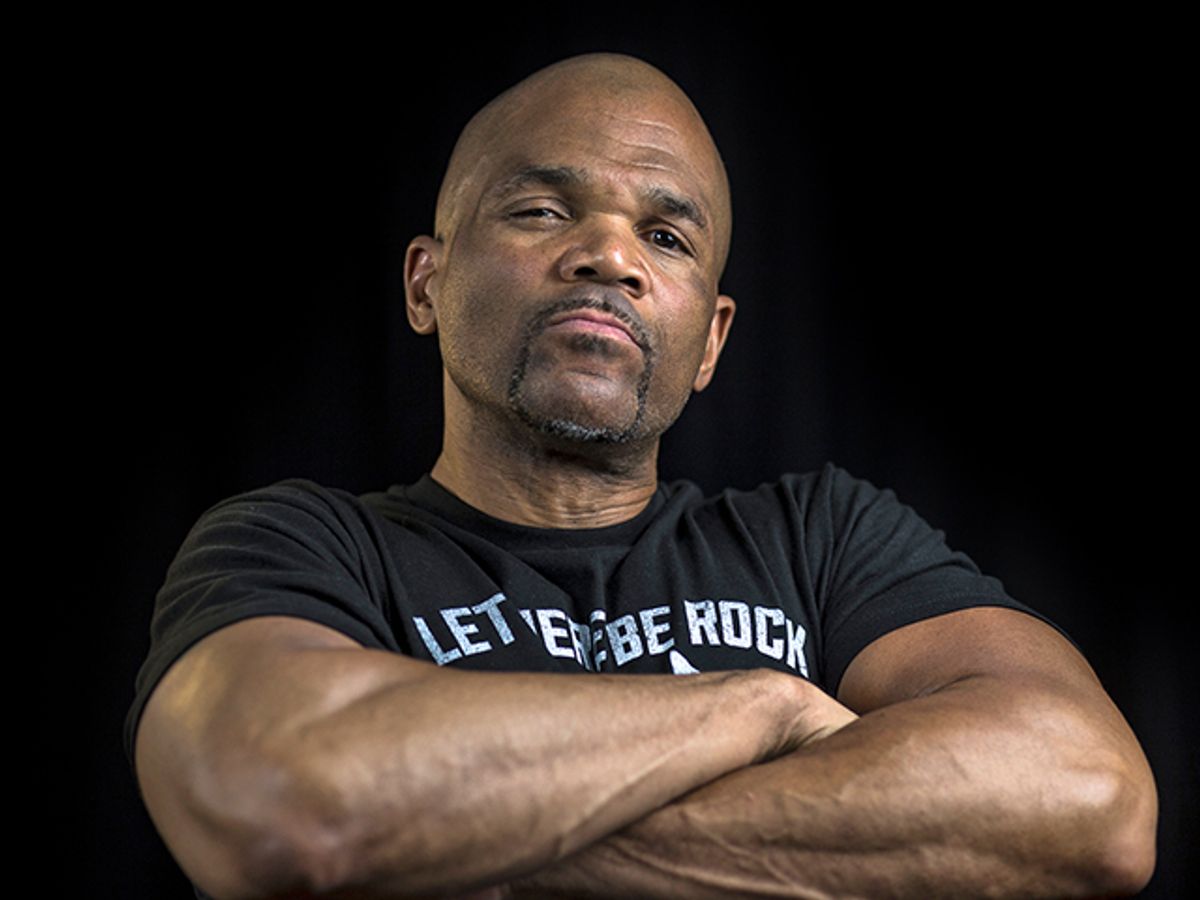There’s that one song that hooks you. All hip-hop heads have that one song that still knocks them out, the song that permanently attached them to the most colorful genre of music — a genre they realized is more than just music once they become hypnotized and entrenched in the culture. For me, it was "New York State of Mind" by Nas off his debut album "Illmatic." I still remember being struck by his storytelling ability and in awe of a song that documented what was happening in my neighborhood, even though Nas wasn’t from East Baltimore:
Once they caught us off guard, the Mac-10 was in the grass and
I ran like a cheetah with thoughts of an assassin
Pick the Mac up, told brothers, "Back up," the Mac spit
Lead was hittin niggaz one ran, I made him backflip ...
That was way back in the '90s when many in the music business felt hip-hop wouldn’t last. And that wasn’t just a '90s sentiment — the projected death of hip-hop was common back in the '80s and all the way back to the '70s, shortly after its origin. It continued into the early 2000s, even. Obviously, the silly idea of hip-hop disappearing came from people who were completely disconnected from the culture; however, rap music is so big now even outsiders have to pay attention. Last week Nielsen released their mid-year report which stated that hip-hop is the most popular genre in the music industry, making up 25.1 percent of all music consumed. Rock dropped to 23 percent.
The news shouldn’t be a surprise, as hip-hop is everywhere, from mainstream TV and big Hollywood movies to Geico and McDonald’s ads. You can’t flick through the TV channels without being bombarded by rap. Mainstream attention definitely played a role in the success of rap music but exactly how did it get this big? Hip-hop legend and founding member of Run-D.M.C., Darryl “D.M.C.” McDaniels sat down with me and Toni Blackman, an author, hip-hop artist and the first hip-hop ambassador to the U.S. State Department in the "Salon" studio to ponder how hip-hop came to dominate music culture.
"I think it’s ironic because the death of rap has been predicted like every seven years, and then here you go," said Blackman.
“They were asking Run-D.M.C. that even when we had 'Walk This Way,' which was changing the whole atmosphere in hip-hop," added McDaniels. "They would ask me, Run and Jay, from '84 to '88, 'where do you think you’ll be in 5 years? What are you gonna be doing?'”
Watch more of our conversation on Salon about the evolution of hip-hop and what’s next.



Shares